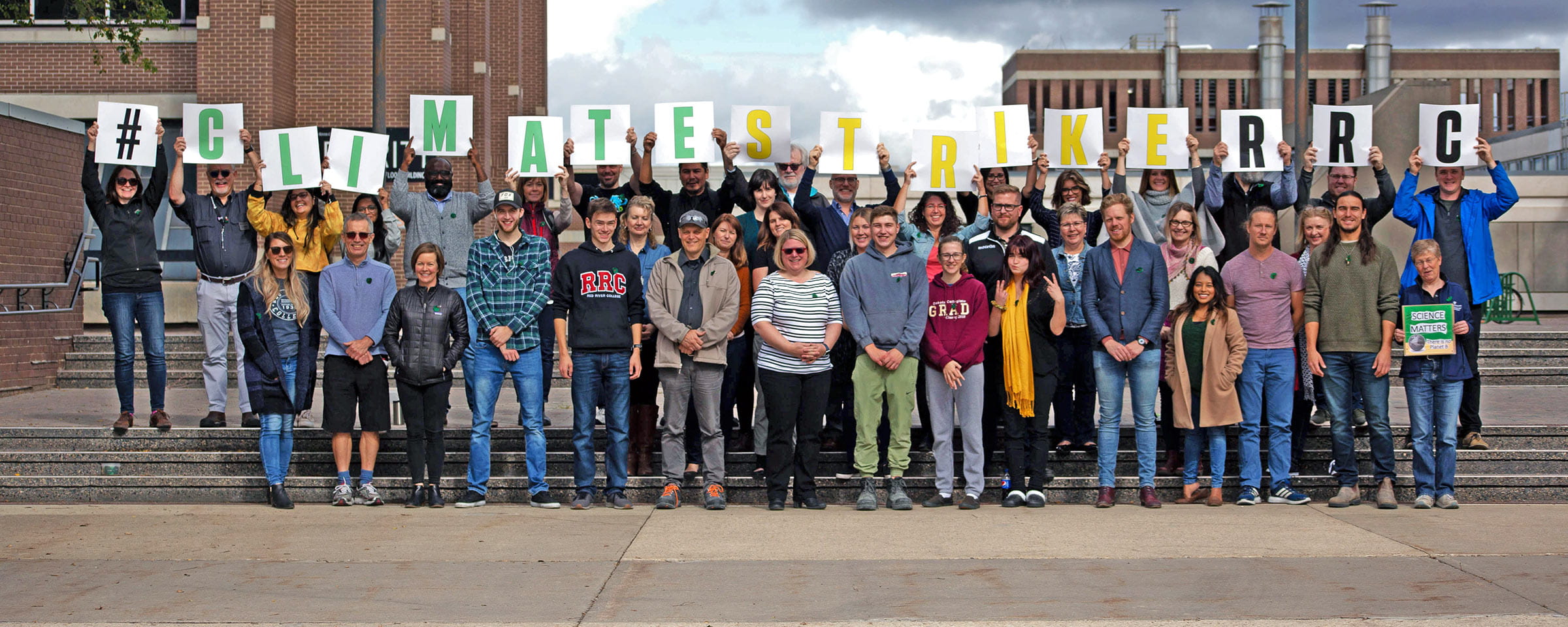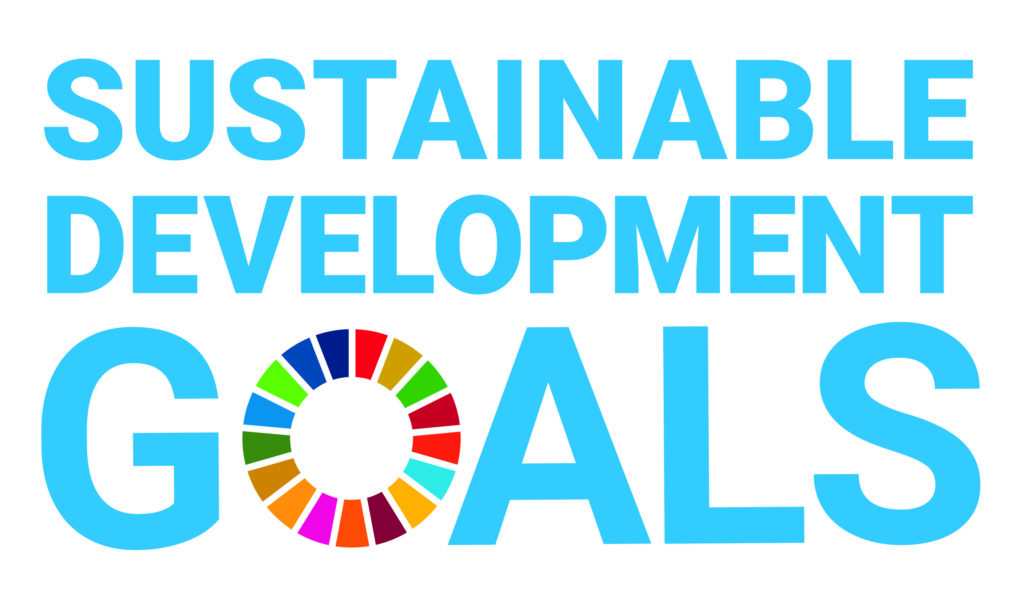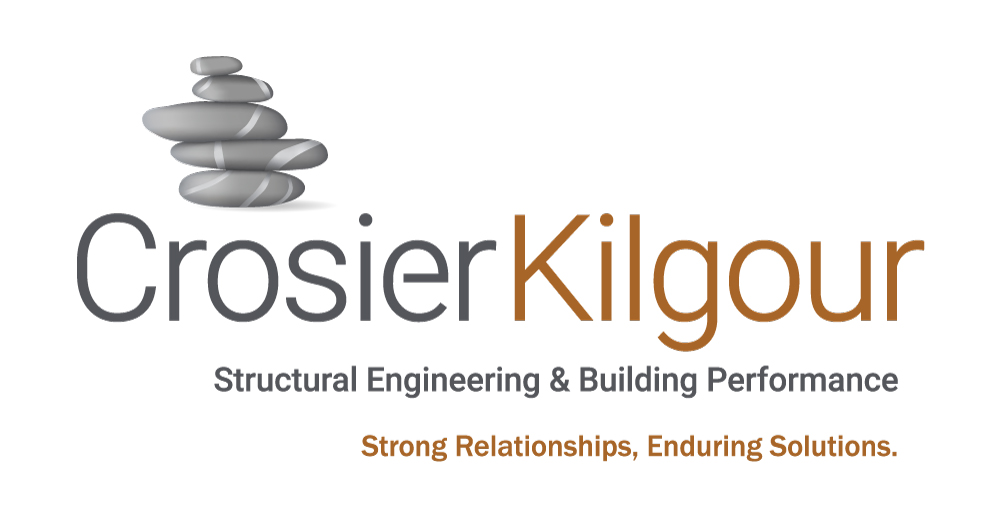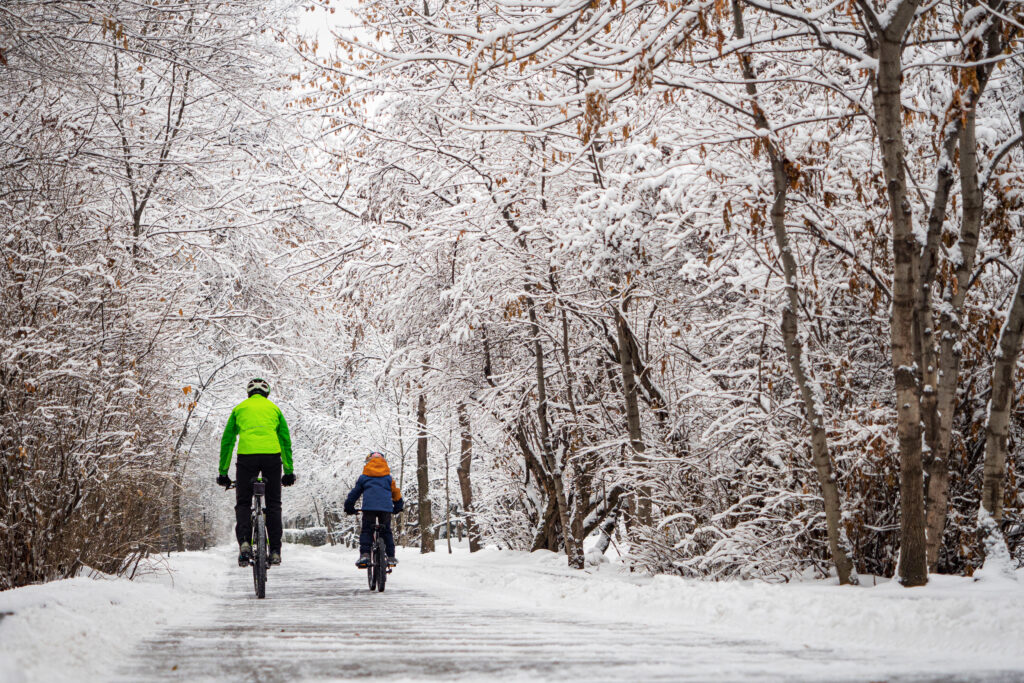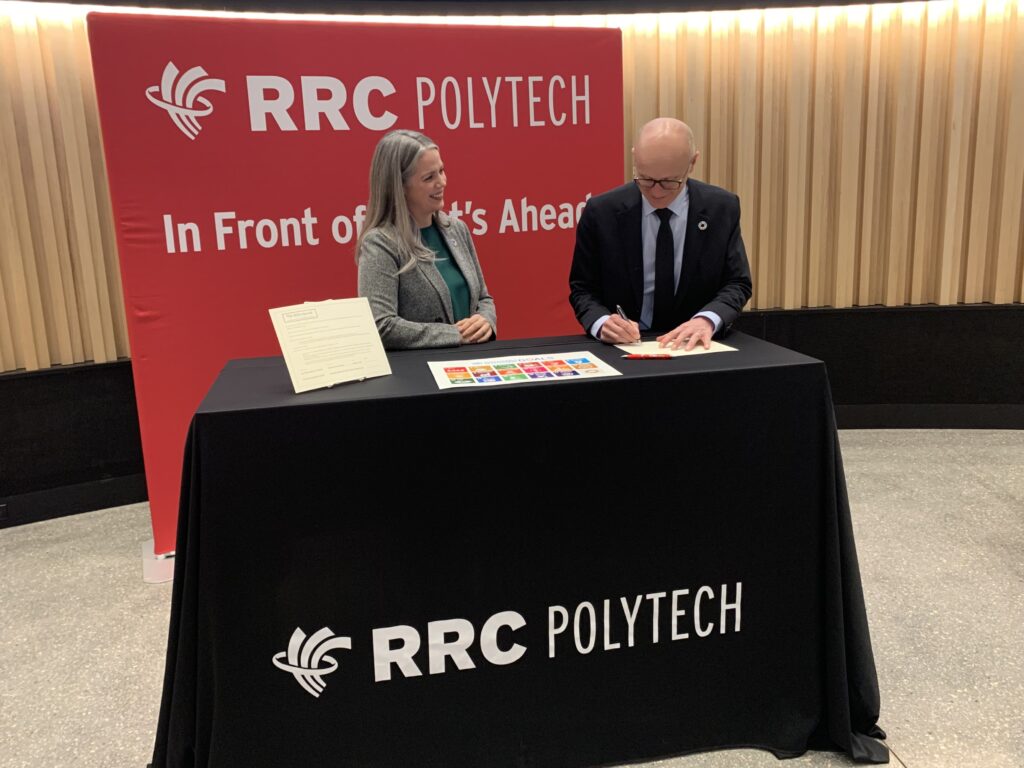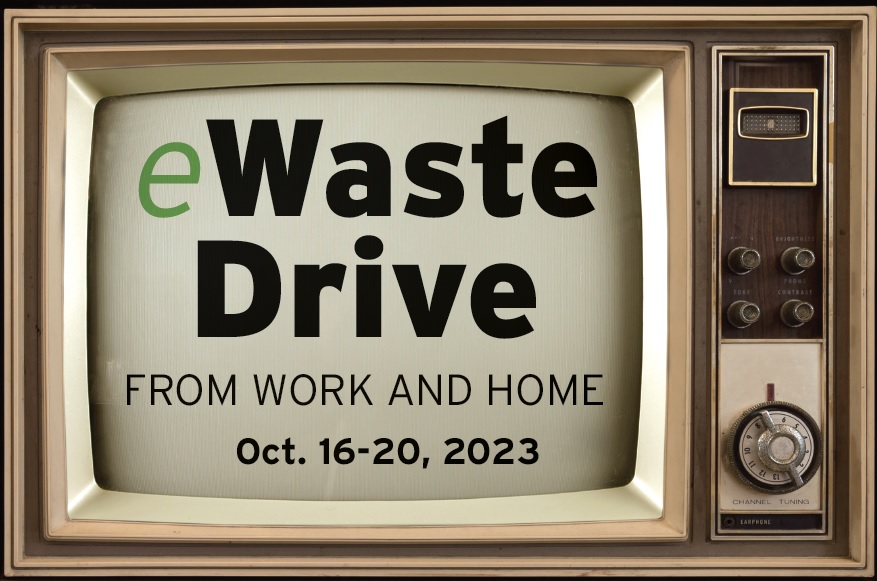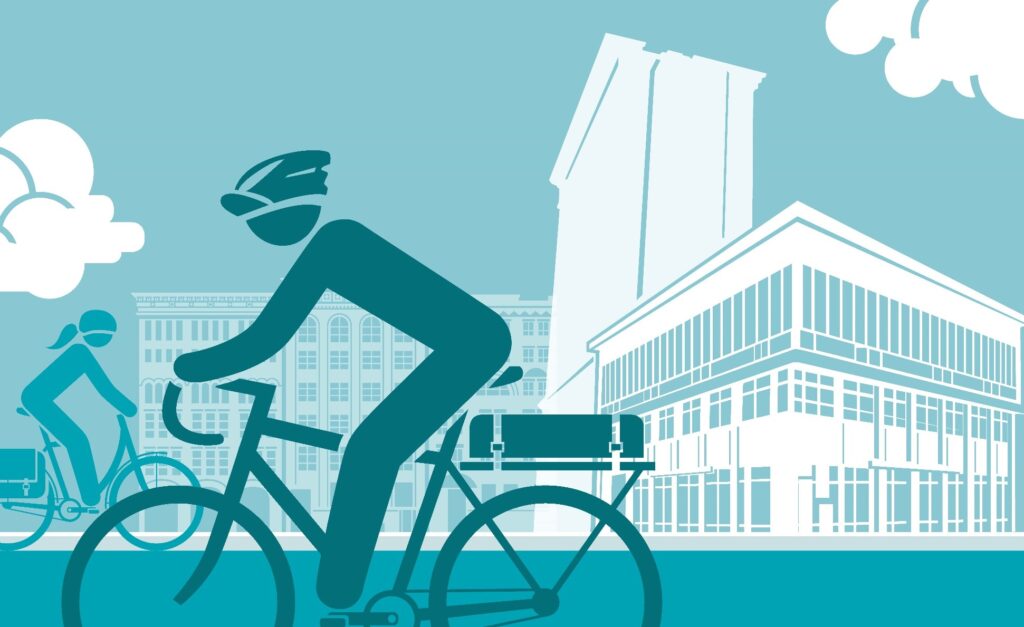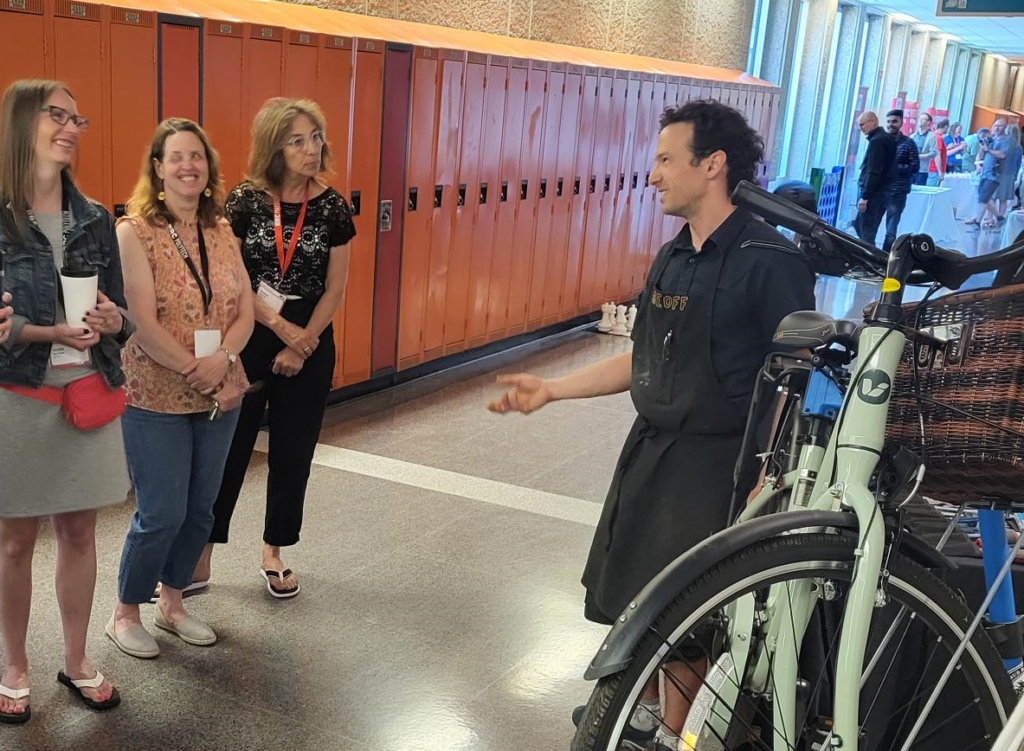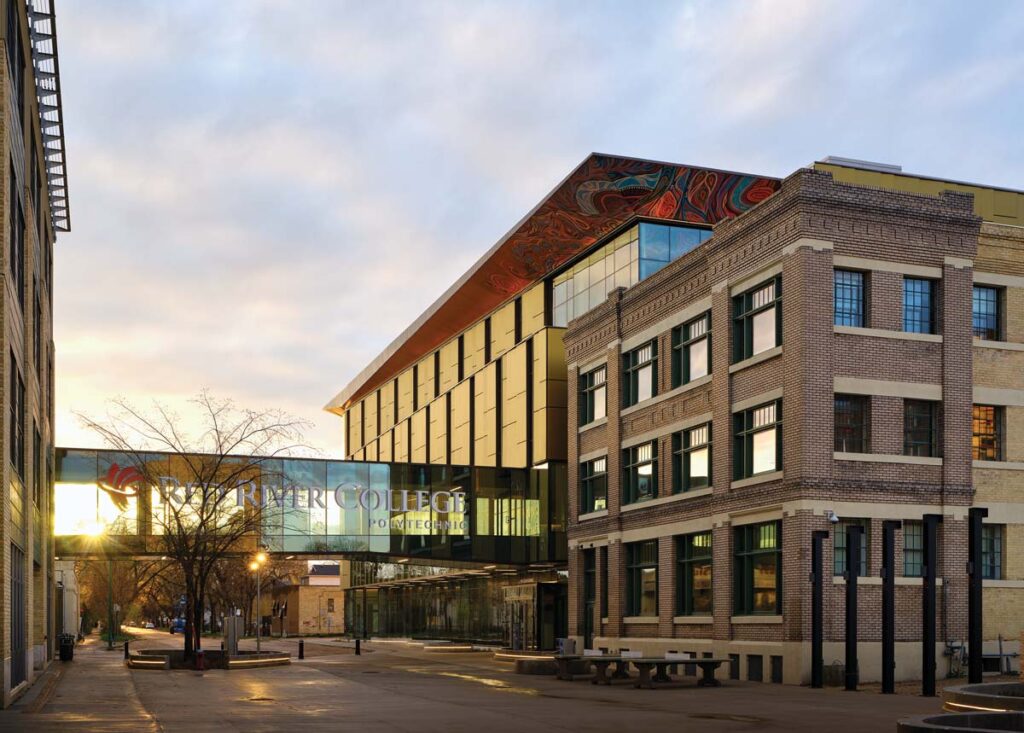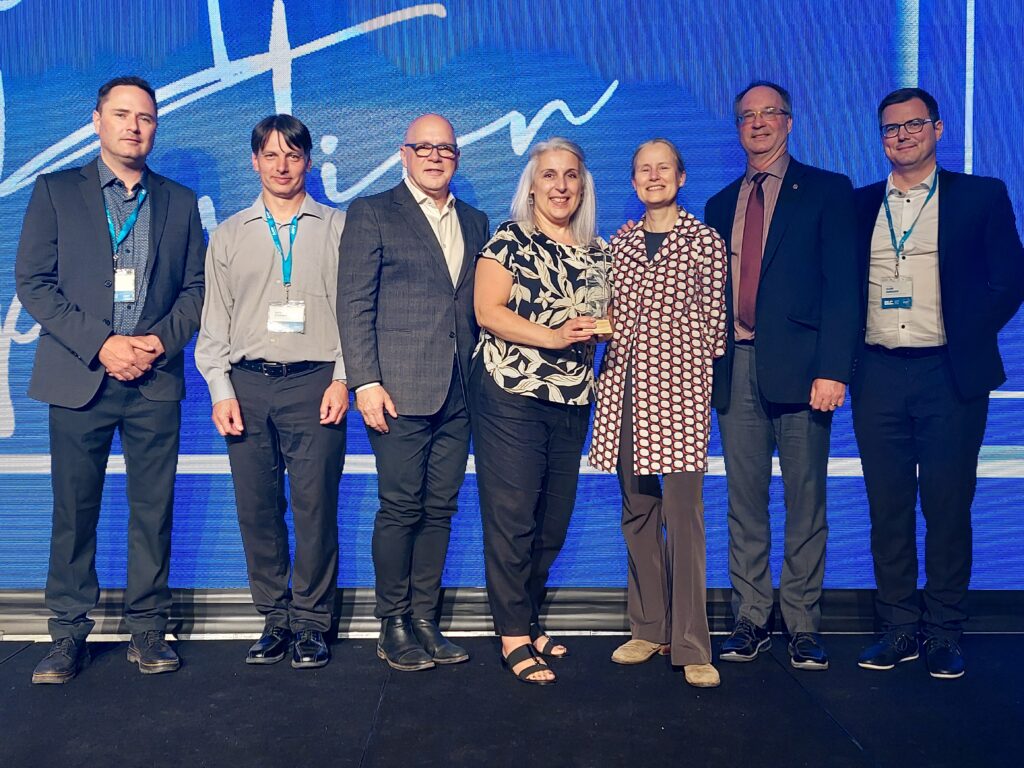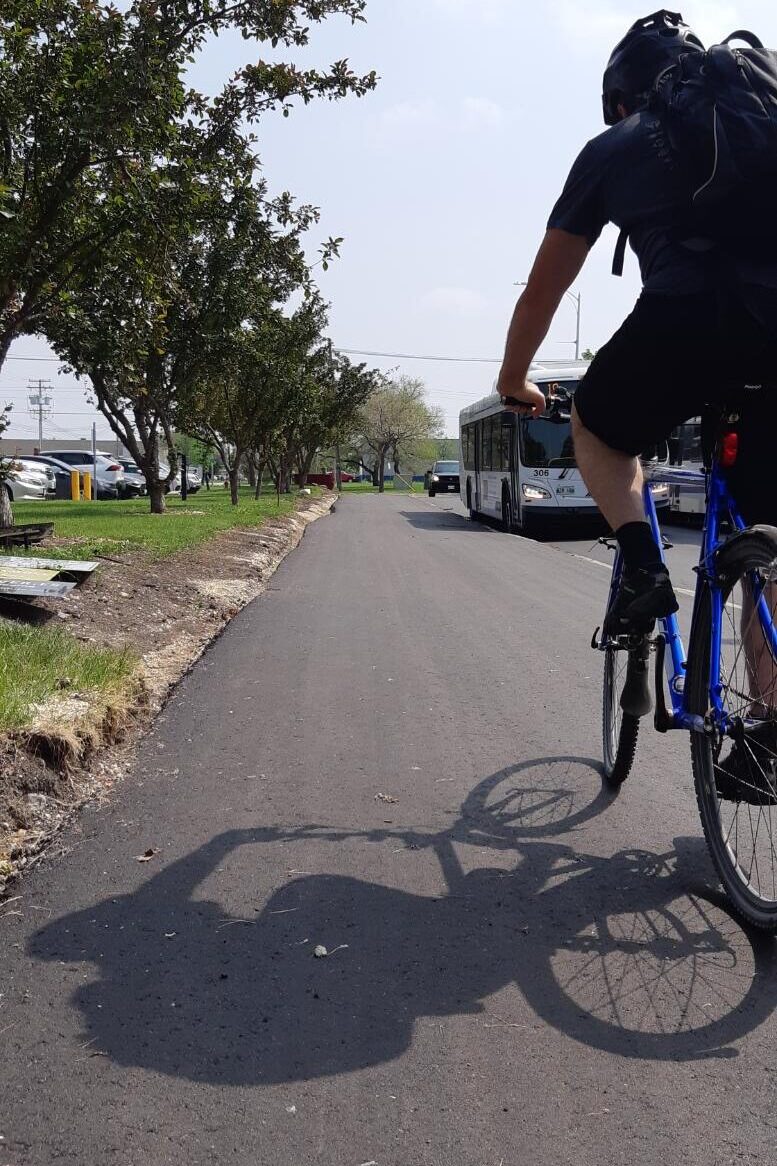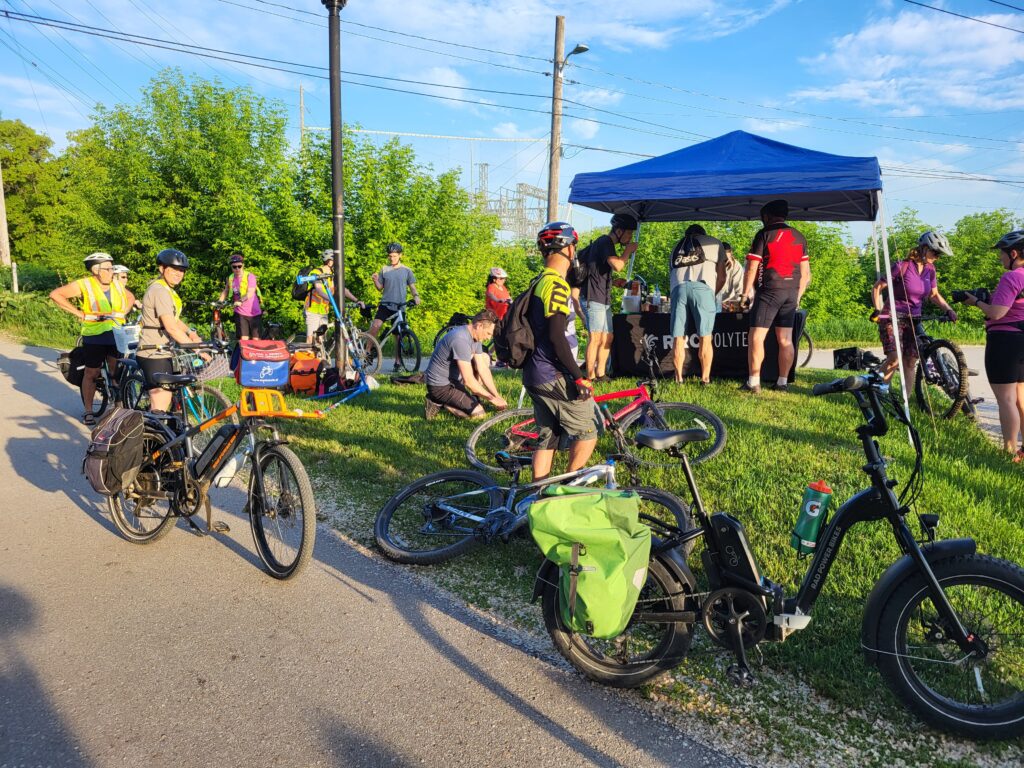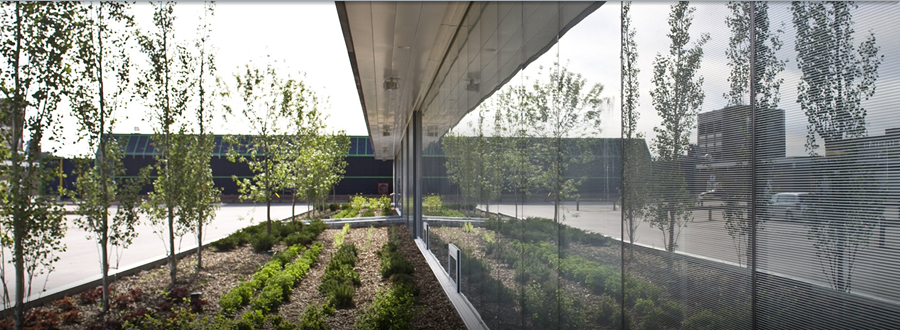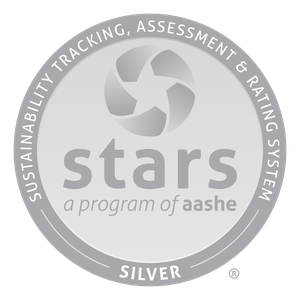Celebrating SDG Week Canada, March 4-8, 2024
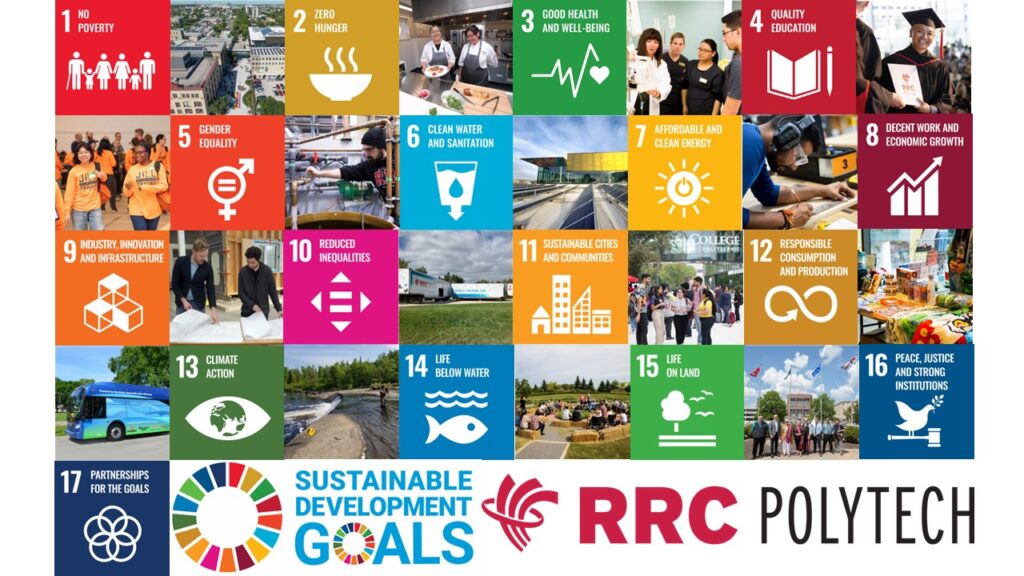
RRC Polytech is pleased to announce its participation in SDG Week Canada 2024, a national collaboration taking place March 4-8, 2024. This week will feature a wide range of activities to increase awareness and engagement with the 17 Sustainable Development Goals (SDGs) on college and university campuses across Canada.
This year marks an important milestone for RRC Polytech as we celebrate our first SDG Week following our signing of the SDG Accord last year. We are delighted to join this national initiative and further our commitment to promoting a sustainable future for all.
United for Zero Hunger: Join the RRCSA Break-FAST Program for SDG Week
As part of SDG Week at the College, the Sustainability Office will be partnering with the Red River College Student Association (RRCSA) for a special breakfast for students at the Exchange District Campus on Wednesday, March 6th from 8:30-9:30am, while supplies last. The RRCSA Break-FAST Program is a tangible action in support of Goal 2: Zero Hunger. This program aims to ease the financial stress on students while encouraging a sense of community and support amidst the student body, ensuring that no student embarks on a day of learning with an empty stomach.
17 Sustainable Development Goals, 94 Calls to Action – Online Lunch & Learn with Ginger Arnold
On Friday, March 8th from 12:10-12:55pm, join Ginger Arnold, Instructor in the School of Indigenous Education, and Stephanie Fulford, Sustainability Specialist for an online, 45 minute discussion on the UN’s 17 Sustainable Development Goals (SDGs). Learn how the SDGs support Truth and Reconciliation, the College’s commitment to advancing the SDGs, and how Ginger has used the SDGs as a learning tool in the classroom. To register, email: sustainability@rrc.ca
Open for Submissions: Sustainable Development Goal Student Competition
Tell us about a project you’re working on that supports sustainability, along with one or more of the 17 Sustainable Development Goals. Projects completed as part of coursework are eligible, with a top award of $1000. Deadline for applications is Thursday, March 21st. Whether you apply individually or as a team, this is your chance to showcase your work supporting sustainability. For more details on guidelines and submissions, please visit Sustainable Development Goals Student Competition.
